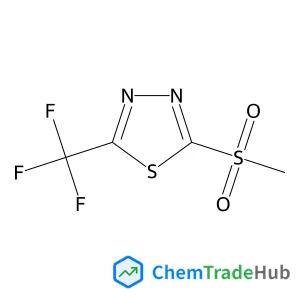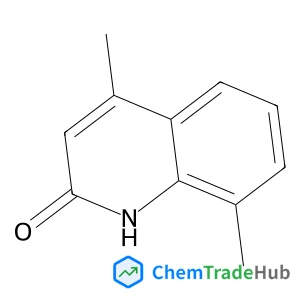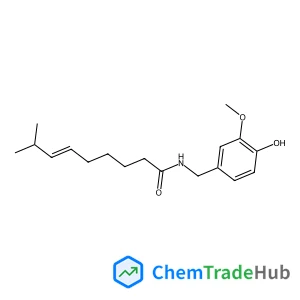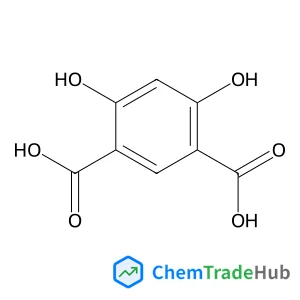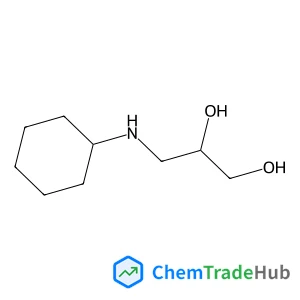Water-soluble pH-switchable cobalt complexes for aqueous symmetric redox flow batteries
Literature Information
Yuqiao Zhou
A water soluble octahedral Co(II) complex, BCPIP-Co(II), with 4 appended carboxylic groups on the ligand periphery is utilized as both posolyte and negolyte in an aqueous, symmetric redox flow battery (RFB). The full RFB demonstrates coulombic efficiencies >99% for up to 100 cycles.
Related Literature
IF 6.222
The dilemma between acid and base catalysis in the synthesis of benzimidazole from o-phenylenediamine and carbon dioxide‡IF 6.222
Solventless thermal crosslinked polymer protective layer for high stable lithium metal batteriesIF 6.367
A robust multifunctional ligand-controlled palladium-catalyzed carbonylation reaction in waterIF 6.222
Triboelectric nanogenerators for a macro-scale blue energy harvesting and self-powered marine environmental monitoring systemIF 6.367
Coexisting order and disorder within a common 40-residue amyloid-β fibril structure in Alzheimer's disease brain tissueIF 6.222
Outstanding Reviewers for ChemComm in 2020IF 6.222
Milk exosomes with enhanced mucus penetrability for oral delivery of siRNAIF 6.843
Ether-functionalization of monoethanolamine (MEA) for reversible CO2 capture under solvent-free conditions with high-capacity and low-viscosityIF 6.367
Building microsphere–nanosheet structures in N-doped carbon to improve its performance in the oxygen reduction reaction and vanadium redox flow batteriesIF 6.367
Source Journal
Chemical Communications
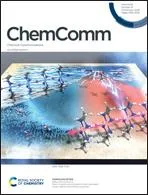
ChemComm publishes urgent research which is of outstanding significance and interest to experts in the field, while also appealing to the journal’s broad chemistry readership. Our communication format is ideally suited to short, urgent studies that are of such importance that they require accelerated publication. Our scope covers all topics in chemistry, and research at the interface of chemistry and other disciplines (such as materials science, nanoscience, physics, engineering and biology) where there is a significant novelty in the chemistry aspects. Major topic areas covered include: Analytical Chemistry Catalysis Chemical Biology and medicinal chemistry Computational Chemistry and Machine Learning Energy and sustainable chemistry Environmental Chemistry Green Chemistry Inorganic Chemistry Materials Chemistry Nanoscience Organic Chemistry Physical Chemistry Polymer Chemistry Supramolecular Chemistry
Recommended Compounds
Recommended Suppliers
 Van Aroma
Van Aroma Baerlocher UK
Baerlocher UK STRIKO Verfahrenstechnik W.Strikfeldt & Koch GmbH
STRIKO Verfahrenstechnik W.Strikfeldt & Koch GmbH Qingdao Bovonkem Pharmachem Tech Co., Ltd.
Qingdao Bovonkem Pharmachem Tech Co., Ltd. Hainan PuLi Pharmaceutical Co., Ltd.
Hainan PuLi Pharmaceutical Co., Ltd. Shandong Academy of Pharmaceutical Sciences Pilot Plant
Shandong Academy of Pharmaceutical Sciences Pilot Plant San Yuan Jinrui Biological Engineering Co., Ltd.
San Yuan Jinrui Biological Engineering Co., Ltd. Jiangsu Ruijia Electro-Mechanical Equipment Manufacturing Co., Ltd.
Jiangsu Ruijia Electro-Mechanical Equipment Manufacturing Co., Ltd. WMT engineering
WMT engineering Vitaris AG
Vitaris AG










